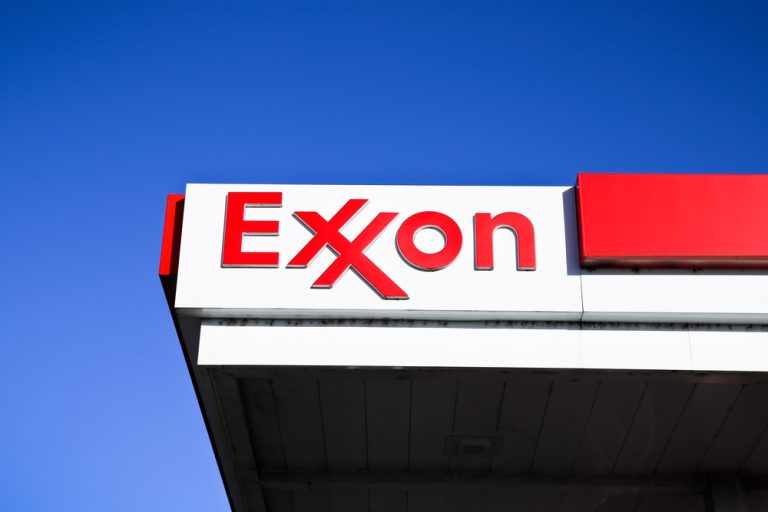Exxon’s Q1 Profit Declines Due to Weaker Crude Prices
Exxon Mobil’s first-quarter profit took a hit, falling to its lowest level in years, as weaker crude prices and higher costs weighed on performance. The oil and gas giant earned $7.71 billion, or $1.76 per share, for the three months ending March 31, compared to $8.22 billion, or $2.06 per share, in the same period last year. Although the results exceeded Wall Street expectations, revenue of $83.13 billion fell short of analysts’ forecast of $84.15 billion.
Chevron Also Reports Weakest Q1 Profits in Years
Exxon’s rival Chevron reported similarly disappointing first-quarter results, with per-share adjusted profits falling to $2.18 on revenue of $47.61 billion. Like Exxon, Chevron did not adjust its results for one-time events such as asset sales. The drop in profits marked the lowest level for both companies in recent years, with Exxon’s previous low recorded in 2022 and Chevron’s in 2021. The declines highlight the ongoing challenges faced by the oil industry as crude prices remain volatile.
Oil Prices Impacting Profitability
This week, U.S. benchmark crude prices fell below $60 a barrel, a level that many producers find unprofitable. Both U.S. crude and Brent, the international benchmark, have seen a significant decline of around 18% year-to-date. Oil prices plunged last month, reaching a four-year low due to concerns about slowing economic growth driven by escalating trade tensions. The continued drop in prices signals pessimism about global economic growth, which could indicate a looming recession as businesses and consumers cut back on spending.
Tariffs and Rising Costs Add to Oil Industry Struggles
The recent imposition of tariffs by President Donald Trump on U.S. trading partners, followed by a suspension of these tariffs, has added further uncertainty to the market. The tariffs on steel and other materials have a particularly detrimental impact on oil companies, increasing production costs for drilling and storage. These costs compound the effect of falling oil prices, adding to the overall struggles faced by energy producers. Exxon and Chevron are caught in a difficult situation as they navigate both falling oil prices and rising production costs.
OPEC+ Keeps Production Levels Unchanged
Amid the declining oil prices, OPEC+ members, which include some of the world’s largest oil-producing nations, have decided not to cut production despite competing with non-allied oil producers. In December, eight OPEC+ members signaled that they would not reduce production, and production increases scheduled for January were postponed until April 1. The group now plans to gradually restore 2.2 million barrels per day over the next 18 months, with the process expected to complete by October 2026.
Shares Fall for Exxon, Chevron, and BP
Following the earnings reports, shares of Exxon Mobil, Chevron, and BP all fell after the opening bell, reflecting the market’s reaction to the weak earnings results and the ongoing challenges in the oil market. However, Shell’s stock rose, bucking the trend as investors reacted to its performance. The overall market sentiment for oil companies remains cautious as they contend with lower prices and higher operational costs.


